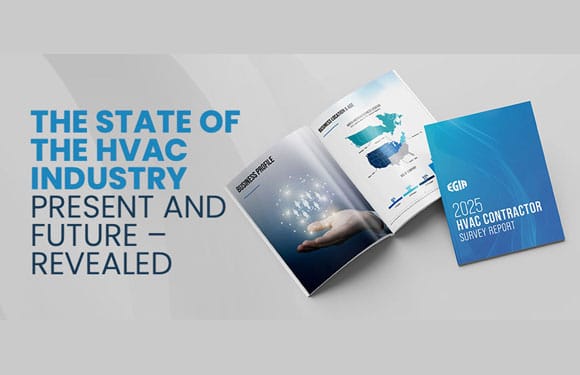 Last post I discussed why gross margins don’t matter. The only thing that is important is that they are consistent. Here are seven places to look if they are inconsistent.
Last post I discussed why gross margins don’t matter. The only thing that is important is that they are consistent. Here are seven places to look if they are inconsistent.
- Financial statement fruit salad.
Assume that January is an apples month and February is a peaches month. Your revenues for a job go in January’s P&L. Your costs for that job go in February’s P&L. When you job cost, you have to look in two months – January and February. You are looking at apples and peaches. You have fruit salad.
Revenues and expenses incurred producing those revenues must be in the same month.
Financial statement fruit salad is a recipe for disaster. In months where you have revenues and no expense against those revenues, your gross margin will be artificially higher and your profits will be artificially higher. In months where you have expense and no revenue, your gross margins will be artificially lower and your profits will be artificially lower.
Unfortunately, I’ve also seen negative gross margins. With the exception of warranty and callbacks, gross margins must be positive. Otherwise, for example, you are buying a part for $1 and selling it for $0.80. Not likely.
Financial statement fruit salad is the most common reason for inconsistent gross margins. Make sure your bookkeeper puts the revenues and the expenses incurred to produce those revenues in the same month. This ensures your margins are consistent and you can see whether the month was really profitable.
- Inventory as an expense.
When you purchase a large stocking order or materials/equipment that are not sold, then you have inventory. Inventory is an asset and goes on the balance sheet. If you expense those materials as cost of goods sold, then you have an expense and no revenue to offset it. Your gross margin decreases and your profits decrease artificially.
- Jobs over or under in labor.
Materials expense is usually accurate and is not significantly over or under budget. Labor expense can vary. If a job is bid at 16 hours and comes in at 24 hours, then gross margin decreases because you have more cost than projected. Likewise, if a job is bid at 16 hours and comes in at 12 hours, then gross margin increases because you have less cost than projected. Watch the job estimates. Discover why the jobs were over or under projections.
- Warranty or callbacks.
With callbacks you have little or no revenue to offset the labor and material expenses. Your gross margin decreases. Warranties have some revenue from manufacturer or third party reimbursements. However, the amount that is reimbursed is lower than the revenues you would receive as a retail call.
A lot of warranty work or callbacks decreases your gross margin and profit.
- Inaccurate accounting for maintenance plans.
If you enroll a maintenance plan customer in January that enrollment is deferred income unless you do the maintenance in January. It is very similar to financial statement fruit salad. If you receive payment in January and consider it a sale without doing the maintenance work, you have revenues and no expense. Gross margin is artificially increased. When the maintenance work is performed, there is no revenue to offset the expense and your gross margin is artificially decreased.
This is how your field labor can be busy and your P&L shows a loss.
- Unapplied time in direct cost.
Unapplied time is not billable to a customer. So, if non-billable labor is in cost of goods sold, then there is no revenue to offset that labor cost. Your gross margin decreases.
Unapplied labor should be in overhead. Putting it here helps ensure that your gross margin is consistent.
- Someone is stealing.
If you do not have reasons one through six and your gross margin is starting to decrease or is variable, then someone is stealing materials. No one enjoys this situation.
Cameras can help you identify the culprit. Someone is taking materials (usually copper) and selling it. Or, someone is going to the supply house and consistently purchasing two parts where only one is needed. The second part is used personally or sold. I’ve even seen cases where someone took the scrap metal, sold it, and kept the money without authorization.
If your gross margin is decreasing by a percentage or less every month and the company purchases are increasing slightly every month and there is no logical reason why, someone is stealing materials. Find out who it is and have that person put in jail.
Accurate financial statements require that your gross margin is consistent every month.
Did you check your bank accounts online today? This is the first step in protecting your hard-earned cash.
Get the tools you need to grow profitably, build wealth, and live the life of your dreams.
Ruth King is well known as “The Profitability Master.” She is passionate about helping small business owners become profitable and stay profitable. For over 40 years she has coached, trained, and helped contractors and others achieve the business growth and goals they wanted to achieve.
Contact Ruth by emailing ruthking@hvacchannel.tv.
Visit www.financiallyfit.business to get your business financially fit in less than 10 minutes a month!















